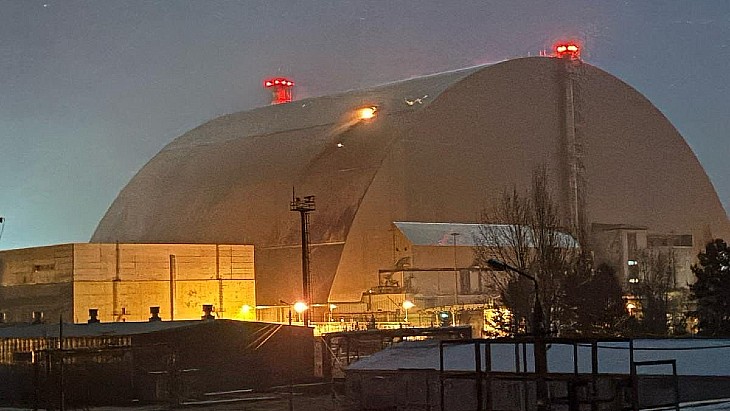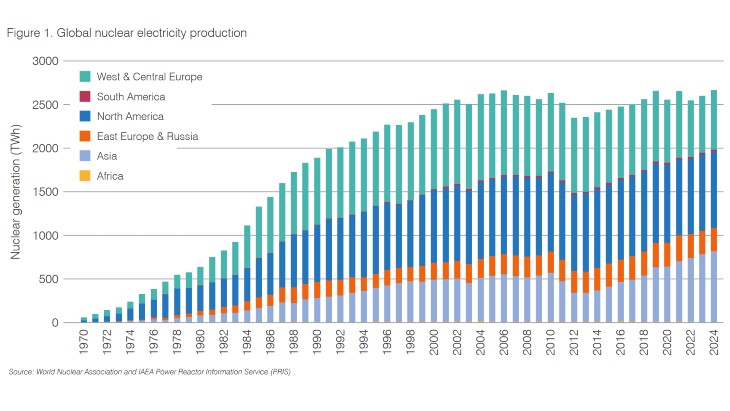In 2000, the German utilities agreed with the government to limit the operation of their nuclear power plants to a lifetime 2623 TWh, equivalent to an average life of 32 years. The cap was introduced as part of government plans to phase out nuclear energy. Without the extension, Biblis A would have to cease operating in 2008 – before the next federal election, when the phase out policy could be overturned. The agreement between the German government and the country’s power supply companies included the permanent closure of Mülheim-Kärlich, which had only operated from 1986-1988. In exchange RWE was granted the option of transferring 107.25 TWh of electricity production to other nuclear plants, known as the Mülheim-Kärlich allowance.
In its September 2006 application to the Federal Ministry for the Environment, RWE requested that 30 TWh be transferred to Biblis A from Mülheim-Kärlich. Had the government granted the extension, Biblis A would have enabled it to continue operating until the second half of 2011, in line with Biblis B, which should already be able to run until 2011 thanks to a transfer of 21.45 TWh under the Mülheim-Kärlich allowance, which did not require approval. Both plants are currently offline as they undergo repairs to their seismic supports.
German utilities are trying to extend the operating lives of their reactors at a time when many are starting to question the wisdom of the phase out policy. Meanwhile, German reactor owners are faced with a project to update the country’s regulatory guidelines in what some fear is an attempt to accelerate the phase out by introducing overzealous safety requirements based on an “ideal state”. Operators fear that such rules could mandate backfitting that could not be justified economically and would effectively force the closure of many of the country’s 17 remaining nuclear plants.
Further information
WNN: Merkeldoes not support nuclear phase out












